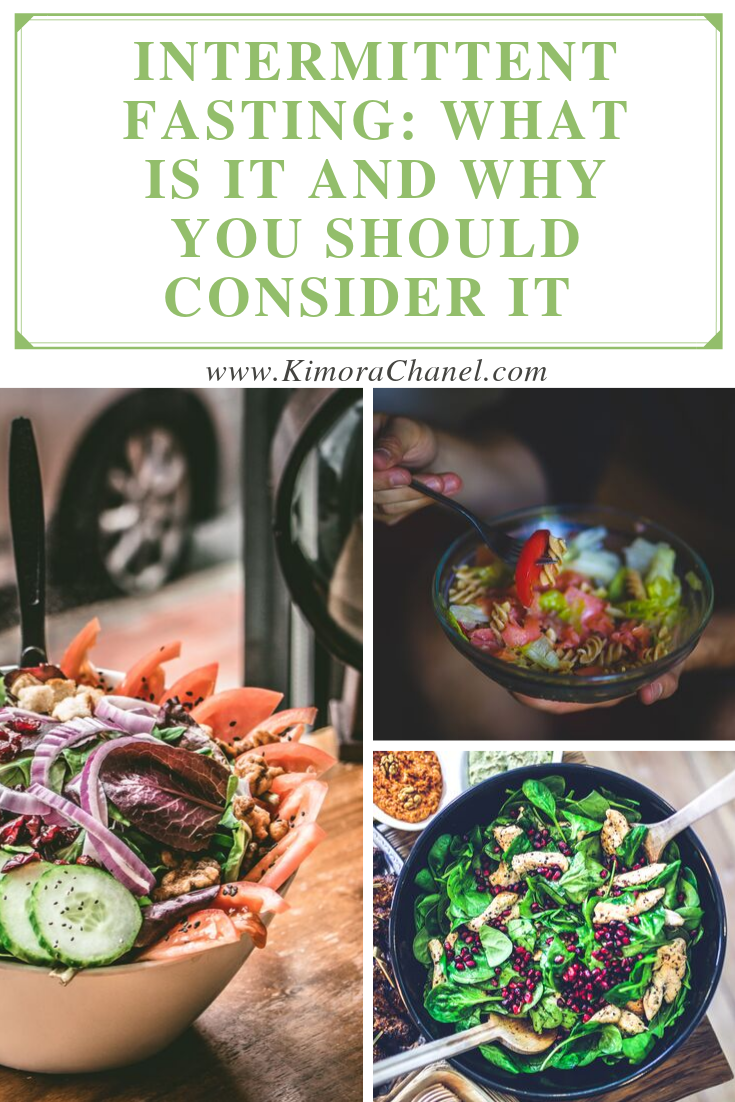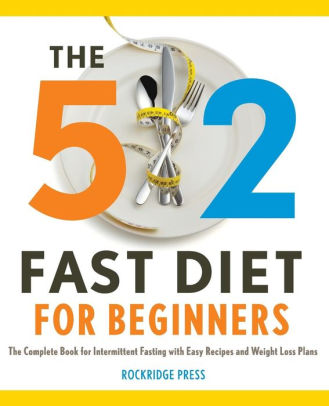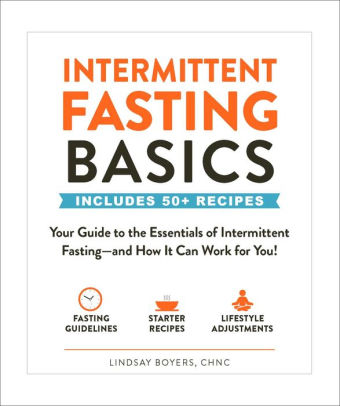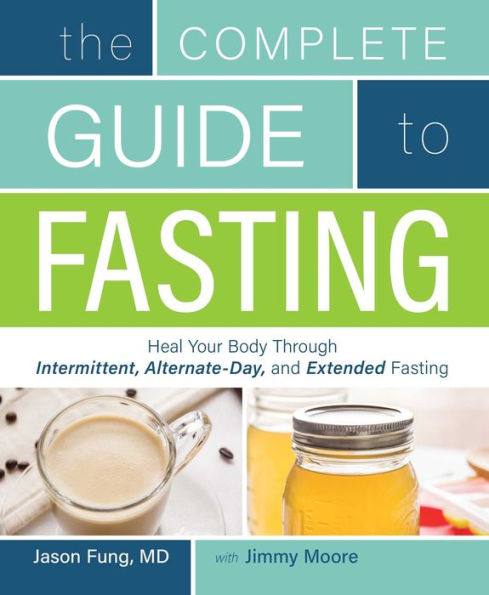 Do you have a desire to lose weight, improve your heart health, adopt a healthier diet, or just create a healthier lifestyle overall? If you answered yes to any of these questions then you are going to want to hear what I have to say. In today’s post we are going to be talking about intermittent fasting, the latest health trend that seems to be taking the world by storm.
Do you have a desire to lose weight, improve your heart health, adopt a healthier diet, or just create a healthier lifestyle overall? If you answered yes to any of these questions then you are going to want to hear what I have to say. In today’s post we are going to be talking about intermittent fasting, the latest health trend that seems to be taking the world by storm.
Do you know what intermittent fasting is?
Intermittent fasting is a fasting practice designed to improve your overall health cycle. This is done by creating a personalized eating pattern that consists of a fasting period, where you go a certain number of hours not eating anything, and a non-fasting period, where you eat between a certain time frame during the day. Intermittent fasting is broken down into three different types of fasting, which we will dive a little deeper into later in this post.
If you haven’t heard of intermittent fasting, I’d like to say that you are not alone, but you just might be. This has been the latest popular trend in the health and fitness industry, and honestly a lot of everyday people are giving this a try as well. People practice intermittent fasting for a number of reasons, but perhaps the most popular ones are to lose weight, improve their health, and alter their lifestyle for the better.
Honestly this practice is pretty straight forward but because there is no one straight way you can practice it, it can get a little complicated in regards to knowing which style of intermittent fasting is right for you, and determining the appropriate time frames to eat and fast that work best for you. Therefore, we are going to take a deeper look at what intermittent fasting is, how it can help with your health, and the different ways in which you can practice it.
Related Posts: 15 Health & Wellness Tips to Become A Happier and Healthier You
Related Posts: 6 Types of Foods That Are Good for Your Health and Jump Starting A Healthier Diet
What is intermittent fasting?
As mentioned before intermittent fasting is a personalized eating pattern with periods of fasting and eating. These are defined periods that work best for you. For example, when engaging in intermittent fasting, you may choose to be on a 11am-7pm schedule where you eat between the hours of 11am and 7pm, but after 7pm you begin your fasting period and fast for 17 hours.
Sounds dreadful, I know trust me I’ve actually tried it before, not this time frame specifically, but once your body gets use to the fasting period it actually really isn’t that bad. However, this is also why it’s important to personalize the fasting periods to what works best for you because 17 hours is a long time, granted most of that time you will be sleeping. However, if you have to eat before 11am then you would shorten your fasting period, and so on and so forth.
The great thing about intermittent fasting is that it’s not a super strict diet that has specific foods that you have to eat during specific times of the day. No, no, no. There is absolutely no food restriction when it comes to intermittent fasting, so you have the freedom to eat whatever it is you desire to eat. Just be sure that when you are eating it’s within those eating hours that you have set for yourself.
When doing intermittent fasting you also want to make sure that you aren’t just eating junk food. The point of this fasting practice is to improve your overall health, so you still want to make sure that you care choosing healthier food choices and keeping up with your physical activity. This is what is going to really ensure that you see results while engaging in intermittent fasting.
Related Posts: Clean Eating and Unprocessed Foods: Do This Instead of the Latest Fad Diet!
Related Posts: 10 Natural Ways to Boost Your Immune System
How can intermittent fasting help with your health?
Believe it or not, intermittent fasting has a lot of health benefits. While most of us may think of fasting as a spiritual practice, the reality is that it’s not strictly spiritual. While it is true that some cultures will engage in fasting during a specific time in the year, what sets intermittent fasting apart from cultural fasting is the fact that you are doing it as part of your daily lifestyle.
You are intentionally making changes in your daily eating habits in order to alter your lifestyle for the better, such as improving upon your health. One major way intermittent fasting can positively impact your health is with weight loss, which is probably the number one reason why a lot of people do it. When engaging in intermittent fasting the idea is to eat fewer meals during your eating periods, which will naturally result in eating fewer calories during the day.
Just to be clear intermittent fasting is not about starving yourself, but instead it’s about learning how to control your eating patterns. This is achieved by training yourself to be more mindful and aware of how much food you are eating throughout the day, and what specifically you are eating. For example, if you fasting ends at 11am you don’t want to immediately reach for a bag of chips. Instead, spend the hour before cooking a healthy lunch for yourself, or maybe choose to eat a fresh bowl of fruit to start your day.
Intermittent fasting can also help with your heart. Studies have shown that intermittent fasting may reduce cholesterol, inflammatory markers, blood sugar, and other risk factors for heart disease. However, since intermittent fasting is still a new trend that seems to be on the horizon, there are still studies being conducted in order to fully understand the health benefits of practicing this health trend.
So be aware that though there most certainly have been some positive and very beneficial health benefits produced from engaging in intermittent fasting, there is still some grey area in just how effective this practice is among various individuals with different types of health status. Therefore, I highly recommend that before you commit to an intermittent fasting lifestyle, that you do your research and consult with your doctor if you feel this is a necessary step that you need to take.
Related Posts: 5 Health Tips to Help You Stay Healthy with A Busy Schedule
Related Posts: Get Fit & Healthy Fast with These 6 Health Tips!
Types of intermittent fasting
There are three different types of intermittent fasting. There is the 16/8 method where you eat for 8 hours of the day and then you fast for 16 hours afterwards. There is also the 24 hours method where you fast for 24 hours once or twice a week only, and the other days of the week you eat as normal. There is also the 5:2 method where you eat about 500 calories two days out of the week, and then eat as you normally would for the rest of the week.
When it comes to these different types of fasting the most common one is the 16/8 method. This is because while this method suggests that you eat for 8 hours of the day and fast for 16 hours, you can customize the hours to what works best for you.
I engage in intermittent fasting for about 2 weeks out of the month, where I eat for 8 hours of the day and actually fast for 17 hours. This is because I’m not really a breakfast person, so I take away the pressure to eat something in the morning, especially when I’m not hungry. I also don’t like to eat after 6pm simply because it helps me sleep better at night. This an example of how you can personalize the 16/8 method to your eating patterns/habits and overall lifestyle.
Perhaps the best part about intermittent fasting is the fact that it can be easily incorporated into your lifestyle. Intermittent fasting makes eating simple and can encourage healthier eating habits. However, be mindful that this practice does have its challenges. The biggest challenge may be committing to intermittent fasting. This is because in the beginning your body is getting use to the adjustment and this alone can make it hard to maintain.
Once you get the hang of intermittent fasting, and find a schedule that works best for you, it naturally becomes a part of your lifestyle. This eliminates the pressure of having to spend a whole lot of time during the day thinking when your next meal is going to be. Committing to intermittent fasting in the beginning and finding a schedule that works best for you will make the process all the more enjoyable and help you achieve the health results you desire.
Related Posts: How to Start Living A Healthier Life Now
Helpful resources!
Here are some books about intermittent fasting that can help you learn more about intermittent fasting, and discovering which method may be the best one for you. Just click the underlined link below to learn more!
 5:2 Fast Diet for Beginners: The Complete Book for Intermittent Fasting with Easy Recipes and Weight Loss Plans
5:2 Fast Diet for Beginners: The Complete Book for Intermittent Fasting with Easy Recipes and Weight Loss Plans
 Intermittent Fasting Basics: Your Guide to the Essentials of Intermittent Fasting and How It Can Work for You!
Intermittent Fasting Basics: Your Guide to the Essentials of Intermittent Fasting and How It Can Work for You!
 The Complete Guide to Fasting: Heal Your Body through Intermittent, Alternate-Day, and Extended Fasting
The Complete Guide to Fasting: Heal Your Body through Intermittent, Alternate-Day, and Extended Fasting
Conclusion
While intermittent fasting is a great practice to adopt if you are looking to improve your health, this also may not be something that everyone can benefit from. It’s important to know your body, know your health, and know your tolerance levels when it comes to eating/fasting. However, also know that intermittent fasting is not the only way that you can lose weight and improve health. It’s simply just an option.
So be cautious and do your research about intermittent fasting and then take the necessary steps to decide if this may be something you’d like to try as a way to achieve your health and wellness goals.
Are you interested in intermittent fasting?
-Xo
Kimora
